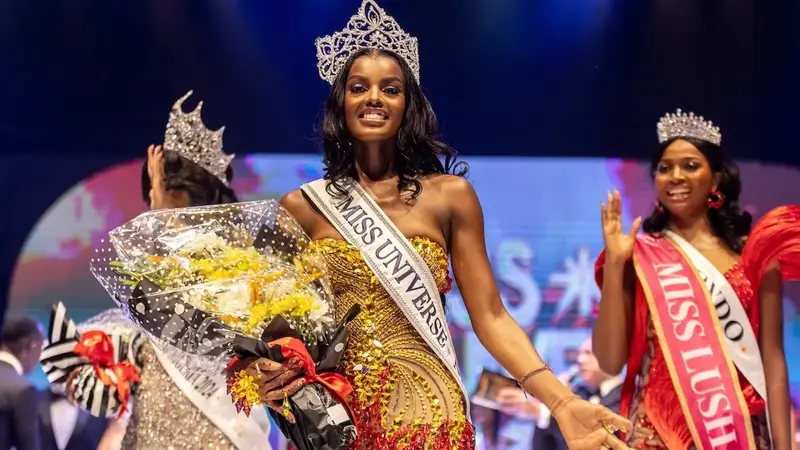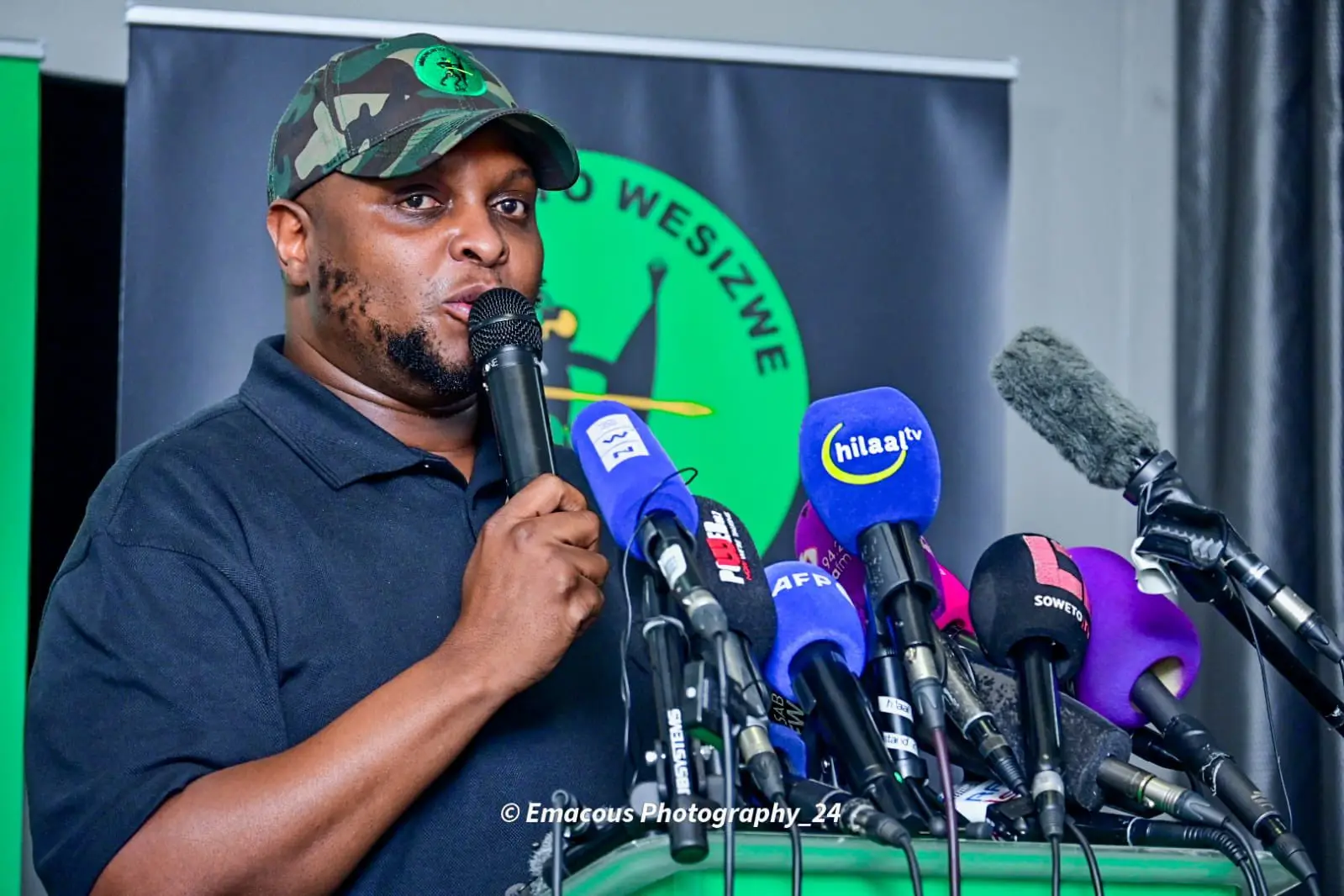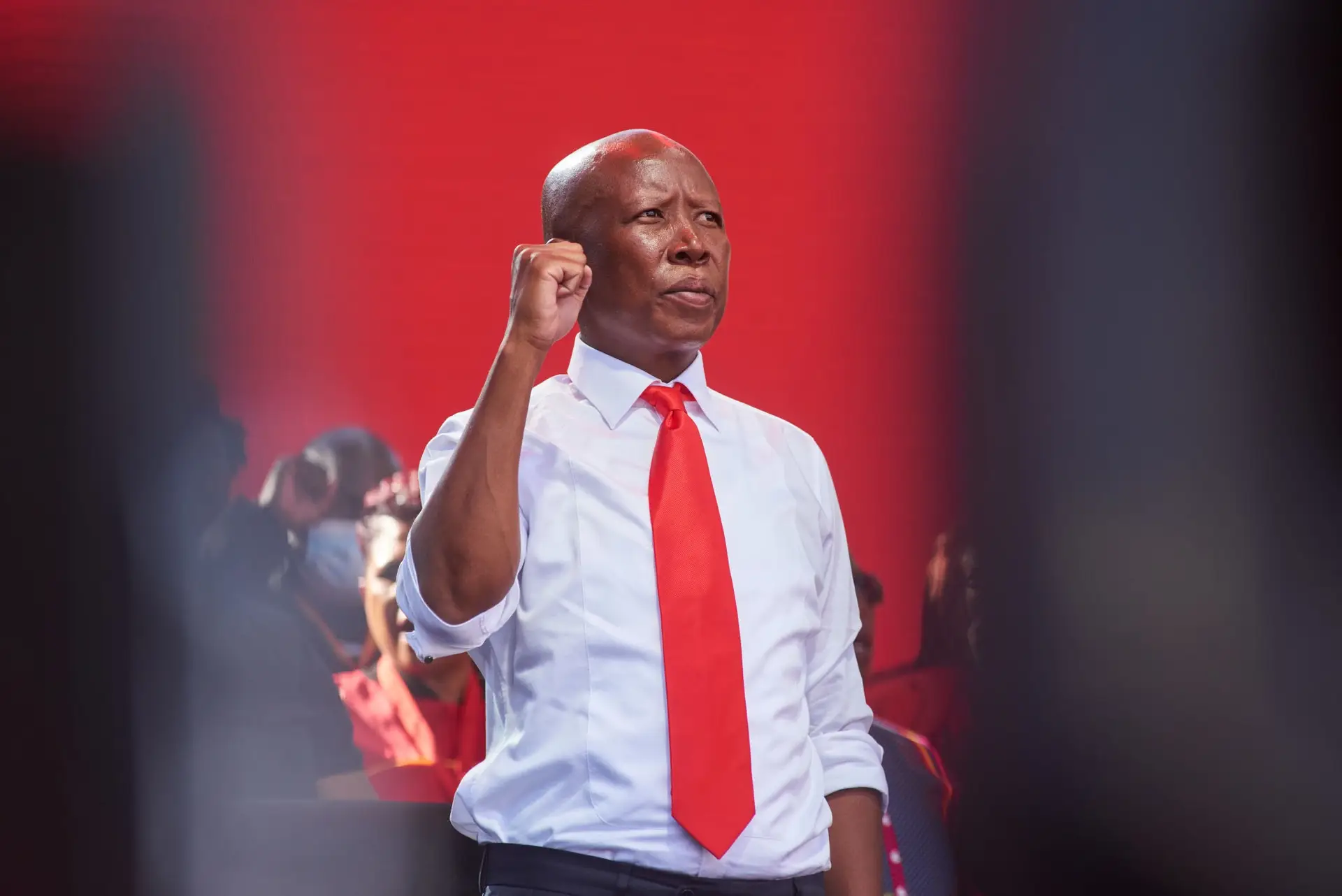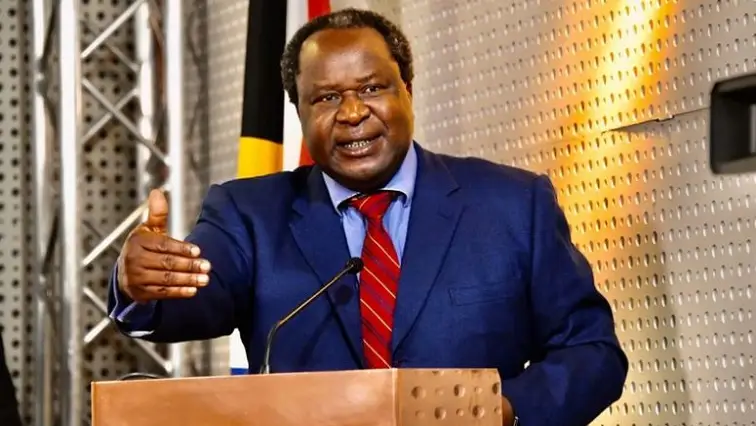Durban, South Africa – August 17, 2024:
In a dramatic turn of events, Bonginkosi Khanyile, a well-known political activist, was arrested by the Hawks under the Directorate for Priority Crime Investigation (DPCI) on August 16, 2024. The 34-year-old is facing charges of contravening the Riotous Assemblies Act and conspiracy to commit public violence. This arrest marks another flashpoint in South Africa’s tumultuous political environment, which has seen repeated flare-ups of violence, often linked to political figures and factions.
Background: Khanyile’s Activism and Political Connections
Bonginkosi Khanyile has been a prominent figure in South African activism for several years. He first gained nationwide attention during the #FeesMustFall movement, which swept across South African universities from 2015 to 2016. The movement called for free higher education and was marked by protests that frequently turned violent. Khanyile, a student at the time, became one of the movement’s most visible faces, advocating for radical change in South Africa’s education system.
Khanyile’s activism has always been deeply political, with strong ties to various factions within South Africa’s complex political landscape. He has been a vocal supporter of former President Jacob Zuma, whose tenure was marred by numerous corruption scandals and allegations of state capture.
The MK Party and Its Role in South African Politics
Khanyile’s recent actions have also been linked to the MK Party, a political faction that emerged from the remnants of Umkhonto we Sizwe (MK), the armed wing of the ANC during the apartheid era. The MK Party has positioned itself as a defender of the radical ideals that once drove the anti-apartheid struggle, often taking a hardline stance on issues of economic inequality and political representation.
The MK Party has been at the forefront of calls for radical land reform and has not shied away from using militant rhetoric to advance its agenda. This rhetoric has sometimes spilled over into calls for violence, particularly in response to perceived threats to the party’s political interests. Khanyile’s arrest, therefore, comes as no surprise to those familiar with his affiliations and the MK Party’s aggressive stance on political issues.
The Charges: Riotous Assemblies Act and Public Violence
According to the Hawks, Khanyile’s arrest is tied to a public announcement he made earlier this year, which allegedly violated the Riotous Assemblies Act. The Act, which dates back to the apartheid era, was originally designed to suppress political dissent and has been criticized for its broad application. However, in Khanyile’s case, authorities argue that his statement directly incited violence and unrest.
Khanyile’s announcement reportedly called on South Africans to rise up in protest and engage in acts of violence should the political party of his choice not be included on the ballot paper for the upcoming elections. The statement also carried echoes of the July 2021 unrest, when widespread looting and violence erupted across the country following the arrest of former President Zuma.
The Zuma Connection: Echoes of July 2021
Khanyile’s arrest is inextricably linked to the events of July 2021, a period of unprecedented violence in post-apartheid South Africa. The unrest began in KwaZulu-Natal, Zuma’s home province, and quickly spread to Gauteng and other regions. Sparked by Zuma’s imprisonment for contempt of court, the violence left over 300 people dead and caused billions of rand in damage.
The July 2021 unrest was characterized by widespread looting, arson, and clashes with law enforcement. It was widely seen as a manifestation of deep-seated frustrations within South Africa’s marginalized communities, exacerbated by economic inequality, unemployment, and political disillusionment. Khanyile was arrested at the time for his alleged role in inciting the violence, and he has been under the legal spotlight ever since.
A Repeat Offender? Khanyile’s Legal Troubles
Khanyile’s current charges are not his first brush with the law. In addition to his activism during the #FeesMustFall movement, he has been previously arrested for incitement to violence during the July 2021 unrest. His court appearances have often drawn significant media attention, with supporters portraying him as a political prisoner and detractors viewing him as a dangerous provocateur.
On August 16, 2024, Khanyile was arrested at the Durban Magistrate Court while attending a hearing related to the July 2021 unrest. The Hawks’ decision to arrest him for the March 2024 incident during this hearing underscores the seriousness with which authorities are treating his case. He was released on bail but is expected to reappear in court on September 23, 2024, where he will face charges related to both the March 2024 announcement and the July 2021 unrest.
The Bigger Picture: Political Violence in South Africa
Khanyile’s arrest is a stark reminder of the ongoing challenges South Africa faces in managing political violence. The country’s transition to democracy in 1994 was heralded as a new dawn, but the intervening years have seen repeated instances of violence linked to political and economic grievances.
The July 2021 unrest was one of the most severe instances of such violence in recent history, but it was not an isolated event. South Africa has a long history of politically motivated violence, dating back to the apartheid era. The rise of factions like the MK Party, with their aggressive rhetoric and willingness to engage in confrontational politics, only adds to the volatility of the current environment.
Looking Ahead: What’s Next for Khanyile and South Africa?
As Khanyile prepares to face the courts once again, the question on everyone’s mind is whether his arrest will lead to further unrest. The potential for violence remains high, particularly in the run-up to the elections. South Africa’s political landscape is deeply polarized, with many citizens feeling disenfranchised and disconnected from the political process.
Khanyile’s supporters are likely to view his arrest as a political move aimed at silencing dissent, while his opponents see it as a necessary step to prevent further violence. Whatever the outcome, his case will undoubtedly have far-reaching implications for the future of political discourse in South Africa






